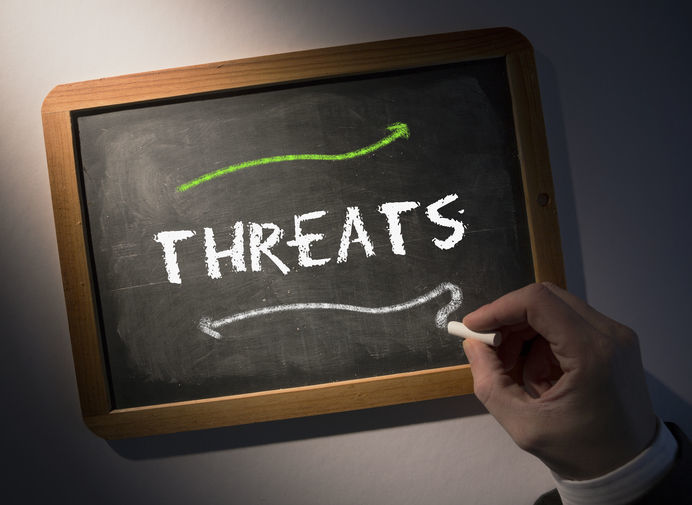PHOENIX — Hoping to prevent a future school shooting, a Senate panel endorsed setting up a statewide hotline where students and others can anonymously report dangerous activities and threats.
The idea of the “Safe to Tell” program, according to 14-year-old Riley Wilson, is to have a central point — and a single phone number or cellphone application — to gather intelligence on what is happening in schools.
Wilson, a student at Madison Highland Preparatory Academy in Phoenix who worked on the proposal, told the Senate Appropriations Committee it would ensure that otherwise disparate tips are gathered under a single umbrella, giving the agency collecting the data the chance to see patterns before they explode into something else.
“Something needs to be done now,” she testified. “It’s dangerous for kids to be in school.”
Wilson cited the Feb. 14 mass shooting in Parkland, Florida, where Nikolas Cruz went to his former school and killed 17 people.
“His classmates had reported him to authorities,” she said.
“But reports weren’t pulled together for a full picture of the danger. With Safe to Tell, they would have been compiled and he may have been stopped.”
Wilson said if authorities want to get a jump on a problem, such as a teen who is being bullied and might seek to lash out, there’s no better way to get information.
“Students almost know everything that is going on in school, especially on social media,” she said. “But they don’t have a place to anonymously report it.”
The anonymity is important, she said.
“I know when you report something to the office, it’s easy for others to figure out who reported it,” Wilson said. “There is a saying at school: Snitches get put in ditches.”
She said it has to be easy to find a single number to call versus each school having a “tip line.” A single point of contact also makes it easier and cheaper to market the number and teach it to people, she said.
Rep. Paul Boyer, R-Phoenix, said Colorado and Nevada have similar programs. He said the Colorado program was set up in the wake of the 1999 shootings at Columbine High School in Littleton, where two teens went on a shooting spree that left 13 dead and more than 20 injured.
“They put together a task force to determine what’s the best way where a student can anonymously and safely report dangerous unlawful activity,” Boyer said.
He told lawmakers that Arizona Attorney General Mark Brnovich has offered to house the program.
“That makes sense because he’s best able to coordinate with law enforcement,” Boyer said.
Tuesday’s unanimous committee approval sends House Bill 2489 to the Senate Education Committee. It already cleared the House on a 48-12 vote.
Boyer acknowledged there’s at least one change to be made to the bill. He said it needs language to prevent slander lawsuits from being filed against those who make reports if their identities are ever disclosed.
Still to be worked out is how the program would be funded.
As the bill stands now, it allocates $400,000 to set it up. But Boyer said there should be some federal dollars available.





